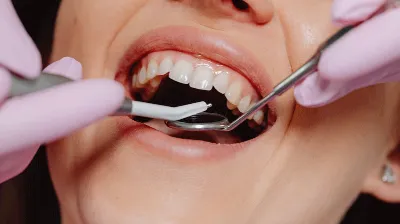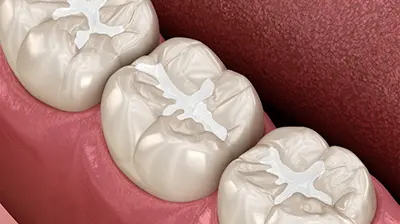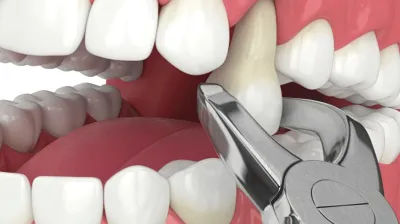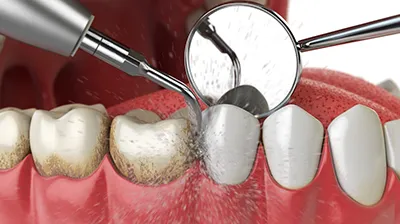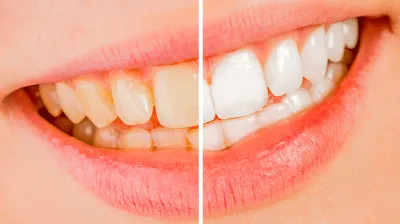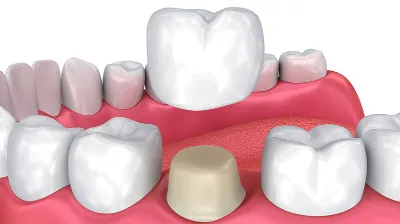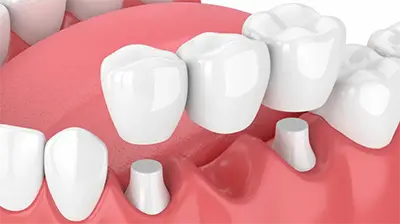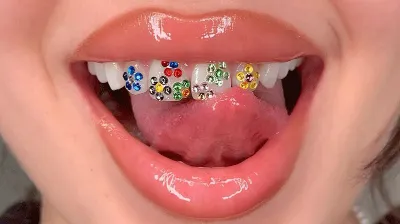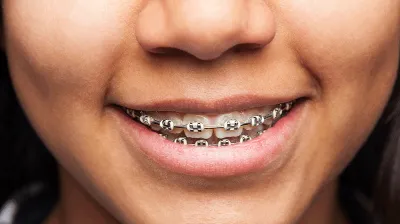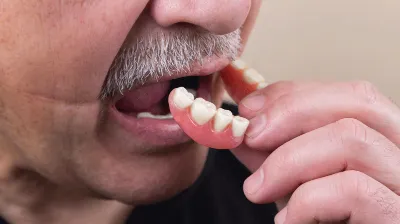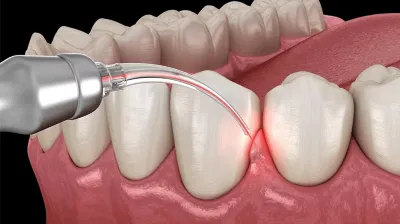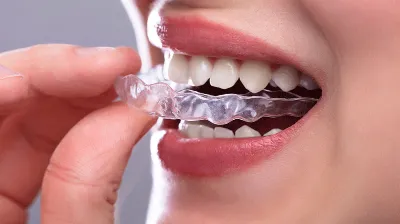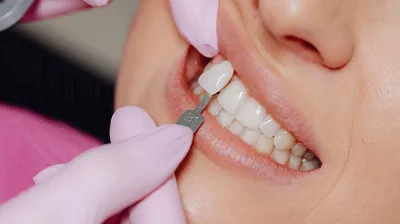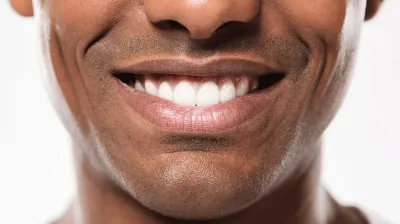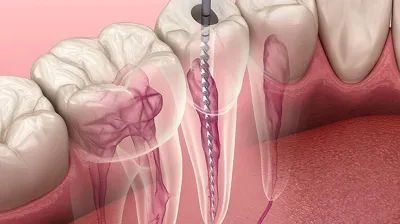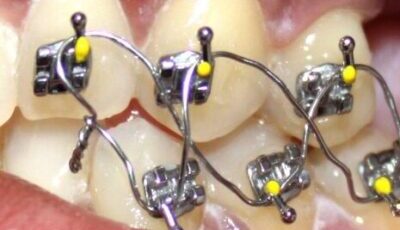Night Guards: What It Is, Benefits, Types, & Cost
Every Smile Dentistry provides professional Dental Care to make your smile look its best. We want you to be happy with your smile, so we are dedicated to making sure that your dental results are natural-looking, life-changing and long-lasting.
Patient-Centered Care
Tailored, comfortable dental services for every individual smile.
All Medical Aids Welcome
Quality dental care made accessible by accepting all medical aids.
Transparent Pricing
Exceptional care at honest prices, ensuring value for every patient.
Providing Quality Dental Care With Experienced Doctors
Get a dental health checkup with a dentist that has your best interest in mind and offers fair rates.
1. Book An Appointment
Visit our website and book an appointment with one of our experienced dentists.
2. Come In For A Consultation
Our team will sit down with you and discuss your dental needs and goals.
3. Get The Perfect Smile
We’ll work with you to develop a treatment plan that will get you the perfect smile.
What Are Night Guards?
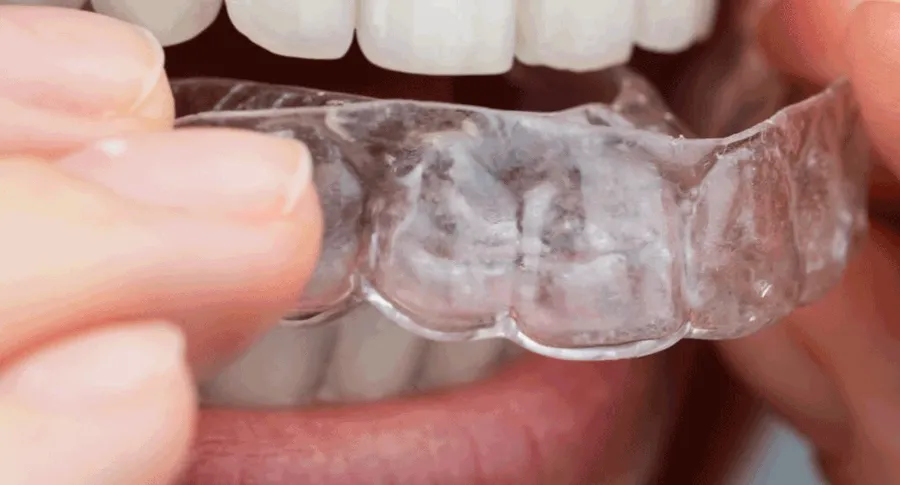
Dental night guards are protective device that is worn to reduce the risk of damage to the teeth and gums while sleeping. They are usually made of plastic or metal and can be custom-fitted or pre-made.
People who wear night guards include those with bruxism (a condition in which you grind your teeth), people who have had dental work done on their teeth, people who have temporomandibular joint disorders (TMJ) or other jaw problems, and athletes who play contact sports.
Night guards come in different shapes, sizes, and materials. Some are removable and others are fixed in place. They can be worn on both upper teeth or lower teeth only; some have no bottom surface at all!
Benefits Of Night Guards
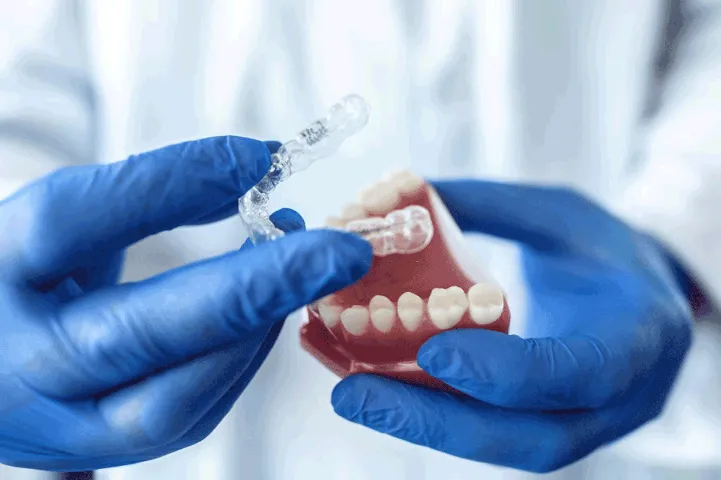
Night guards can help you avoid the pain and expense of dental work.
Dentists say those night guards are one of the best ways to protect your teeth from damage during sleep. If you are having difficulty sleeping due to clenching or grinding your teeth, a night guard can provide a simple solution.
They are available in plastic or metal and come in different sizes to ensure they fit comfortably.
Night guards are often used by people who suffer from bruxism, which is characterized by involuntary jaw clenching or grinding of teeth during sleep.
If you find yourself waking up with headaches every morning or suffering from jaw pain, it’s time to talk to your dentist about getting fitted with a night guard.
Not only do night guards protect your teeth from excessive wear, but they also help keep them healthy! By protecting against tooth wear, you’ll reduce the risk of cavities and gum disease that can lead to tooth loss over time.
Types Of Night Guards
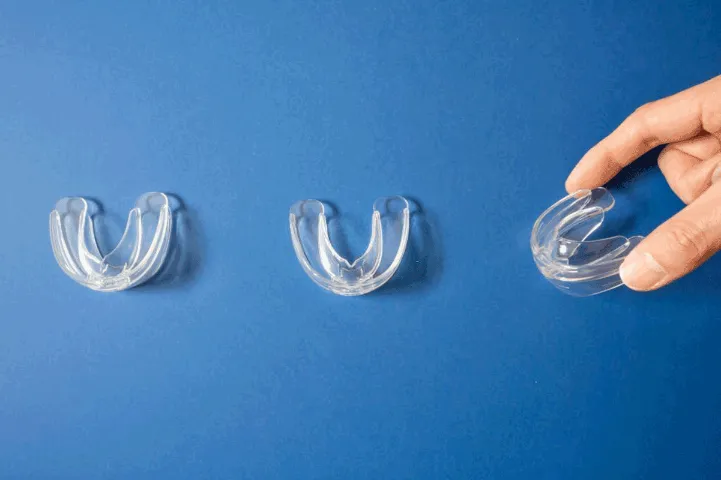
Generic mouthguards:
The most accessible and cost-effective type of mouthguard is a stock mouthguard. The majority of medicine stores and sporting goods stores carry them.
They typically fit over your teeth and are available in small, medium, and big sizes. Standard mouthguards typically just protect your top teeth.
Stock mouthguards have some drawbacks despite being widely available and reasonably priced. They typically don’t fit tightly and are unpleasant because they only come in a few sizes. Additionally, talking while wearing one may be challenging.
Individualized mouthguards:
Additionally, your dentist can create a mouthguard, especially for you. A mouthguard made precisely for the shape of your teeth and mouth will be made using a mould of your teeth.
This provides a much better fit than either a stock or boil-and-bite mouthguard does, which makes them more comfortable and harder to accidentally dislodge while you’re sleeping.
The best solution for you if you grind your teeth, snore, or have sleep apnea is a bespoke mouthguard. Although they are more expensive than mouthguards available on the market, many dental insurance policies will partially or completely cover the cost.
Boil-and-bite mouthguards:
Similar to stock mouthguards, boil-and-bite mouthguards are sold in most drugstores and are relatively inexpensive.
Boil-and-bite mouthguards come in a single size that you can adjust to fit your teeth, as opposed to having several sizes. The mouthguard must be boiled until it softens, then put over your front teeth while being bit down. To get the best fit, make sure you follow the instructions that come with it.
How To Take Care Of Your Mouth Guards
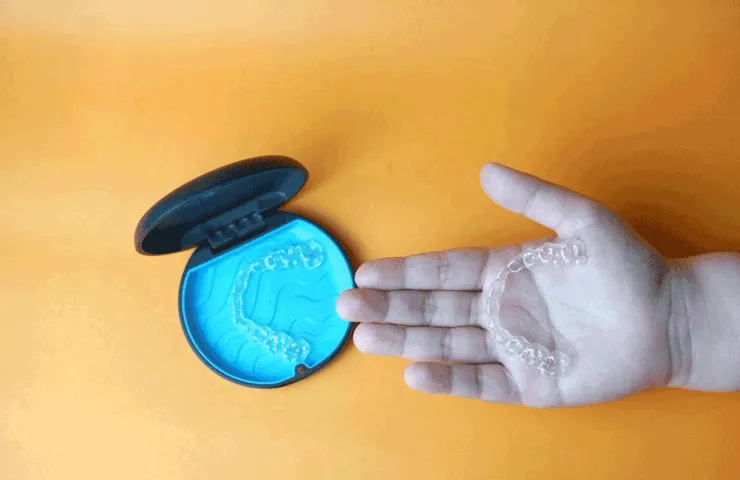
Since your mouthguard spends a lot of time in your mouth, it is crucial to keep it clean and safe from harm.
Utilize your mouthguard to its full potential by doing the following:
- Before putting on your mouthguard, brush and floss your teeth.
- Both before and after wearing your mouthguard, rinse it with cool water or mouthwash. Don’t use hot water because it might warp its shape.
- After each use, wash it with toothpaste and a toothbrush.
- Check it frequently for holes or other damage indicators that indicate it needs to be replaced.
- For any dental appointments you have, bring your mouthguard. They can verify that it still functions properly and fits.
Cost Of Mouth Guard
Mouthguards come in different types and in a wide range thus their prices differ according to the type preferred by an individual. They range between R800 going upwards. If your insurance has coverage for dental services, that is a benefit.
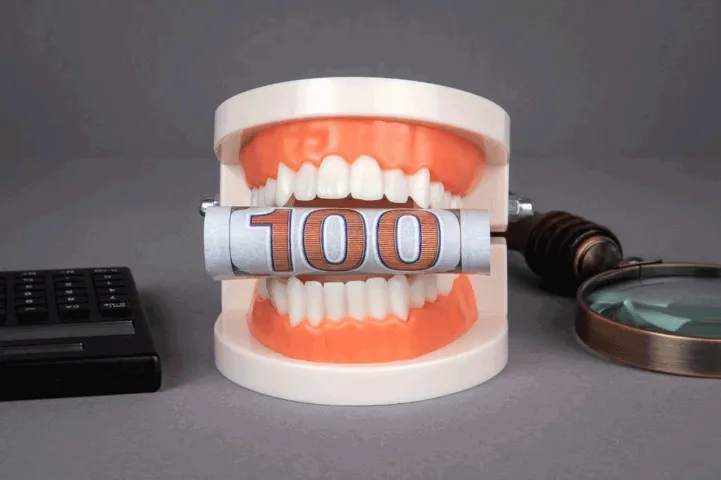
Every Smile Dentistry Treatments
Every Smile Dentistry is a professional dental practice that includes General, Cosmetic, Aesthetic, and Emergency for you and your family with a team of experienced dentists and friendly prices.
Frequently Asked Questions
You can always submit a contact request if you have more questions or email info@everysmile.co.za
Can mouthguards hurt your teeth?
If you use a mouthguard correctly, it should shield your gums from harm rather than the opposite. However, if you use a mouthguard that is unclean, broken, or doesn’t fit properly, you risk harming your gums.
Can Mouth Guard Be Worn With Braces?
You can use a mouthguard while wearing braces, yes. In fact, it’s crucial to wear a mouthguard if you engage in physical activity or clench or grind your teeth. The greatest type of protection is one that is made specifically for you by your dentist.
There are a number of sports guards designed specifically for braces that protect both the upper and lower teeth. You must take great care to preserve your teeth, lips, tongue, and cheeks if you don’t want to harm your braces.
A mouthguard for teeth grinding or clenching can only protect the upper or lower teeth. The most crucial component is a proper fit; it must be cosy for you to wear it.
Can mouth guards damage teeth?
Yes, mouth guards can damage teeth. Dentists say that the most common way for a mouth guard to damage your teeth is by wearing it for too long. If you wear your mouth guard for more than a few hours, it can cause the gums and tongue to swell up, which may lead to tooth decay and other problems.
Another way a mouth guard damages teeth is if it doesn’t fit properly. A poorly fitted mouth guard will put pressure on your teeth and make them shift out of place.
There are also times when a dentist will recommend not wearing a mouth guard at all because it could actually increase your risk of injury. If you have braces or another medical condition that requires extra protection during sports or other physical activities, talk with your dentist before deciding whether or not to wear one.
WHAT PEOPLE ARE SAYING ABOUT US
Don't just take our word for it.
EXCELLENTTrustindex verifies that the original source of the review is Google. I visited Every Smile Dentistry for the first time today and I am pleased with the service I received. The receptions was very warm and welcoming. I was attended to by Dr A Somtunzi who was also so friendly and welcoming. I had my teeth cleaned and a filling done. She gave a detailed explanation of what needed to be done. She was so gentle and I felt no discomfort at all. I’m happy with the work she did. Outside the excellent service, I think the thoughtful gesture of having ladies essentials in the rest room for everyone to use won my heartPosted onTrustindex verifies that the original source of the review is Google. Did a filling and washing of teeth. Amazing pain-free experience, user friendly from online booking to sitting on the dental chair. GQEBERHA branch treated me soft.Posted onTrustindex verifies that the original source of the review is Google. Haven't gone to the dentist in years so I was really nervous about this visit but the atmosphere in that office? So calm and so friendly. I would recommend this place to everyone, Sthabile Aphiwe Majola is definitely the kind of dentist everyone wants to have✨✨.Posted onTrustindex verifies that the original source of the review is Google. Best place ever,first the receptionist is so friendly and welcoming and the doctors are the best they make you feel comfortable before everything I would recommend them to anyone👌Posted onTrustindex verifies that the original source of the review is Google. The staff ,Dr Govender they are so friendly, they made me to feel very comfortable I would go there every time I want to do my teeth
Locations We Serve
Every Smile Dentistry offers a team of experienced dentists in South Africa in a variety of areas with friendly prices.

